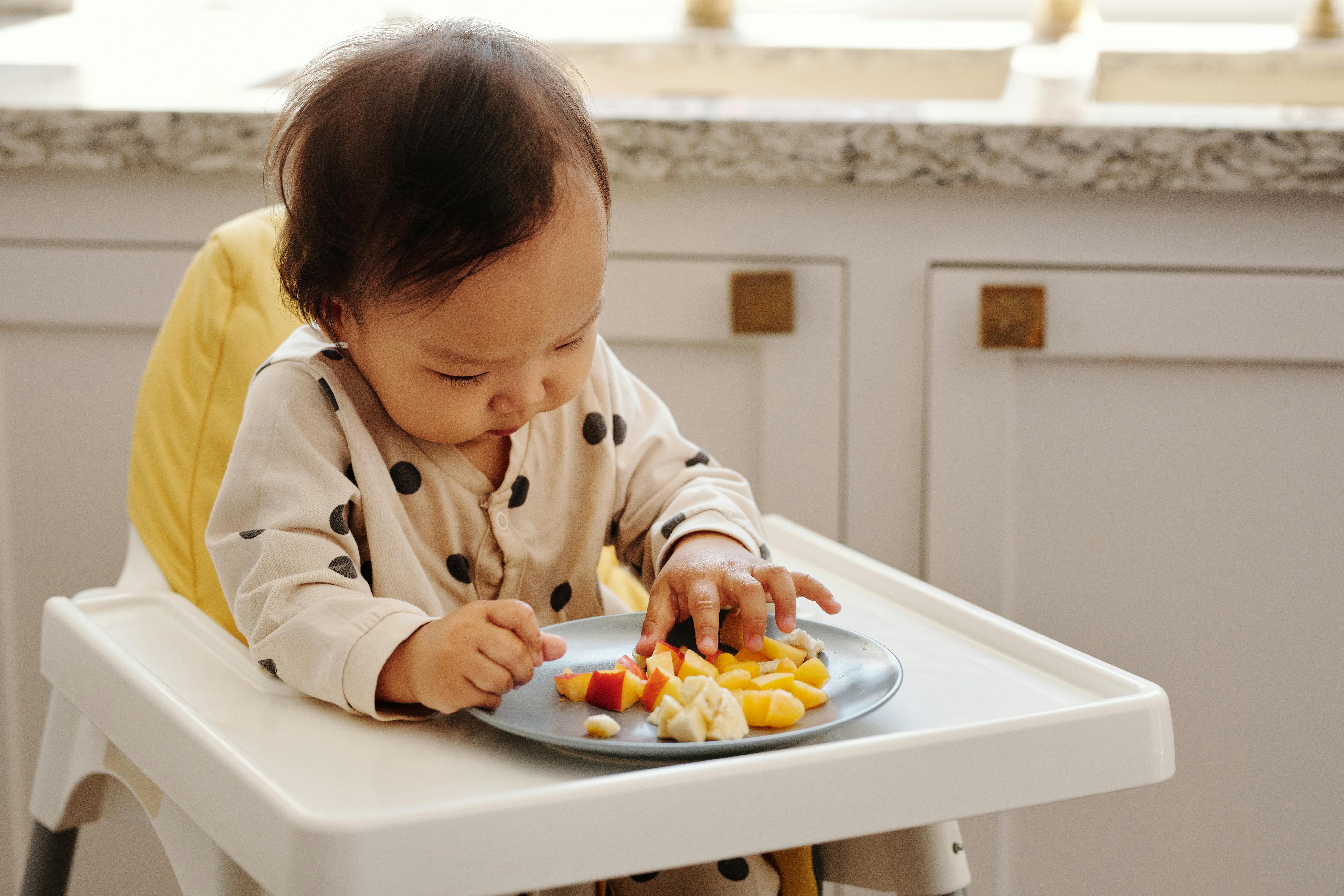
Confusion and disappointment of love addiction
Have you ever believed that you could love someone enough to fix what’s wrong with their life? Do you have the ability or tendency to deny and rationalize the obvious truths about the object of your affection, believing that your love is powerful enough to change the person? If you answered yes to these questions, you may be in a codependent relationship.
Codependency is an underused word that many of us have heard, although few of us know what it means. In general, codependency is the relationship that exists between everyone and everything; a positive and necessary function of human experience. But we rarely hear the word used in that context. When someone is referred to as codependent, it usually indicates a disorder. In this article I will narrow it down further, focusing on a specific type of relationship codependency-codependent disorder.
Codependency in relationships, also known as toxic love or “White Knight” syndrome, is a debilitating psychological addiction to painful, frustrating, and unequal relationships. Sufferers often seek relationships with others that are unstable and irresponsible to satisfy their compulsive need to help, nurture, or control others. Before long they become entangled with the object of their affection and become addicted to the hope, beyond all evidence or rationale, that the person will change. I suffered from paralyzing disorder for many years.
Those who have this addiction are often unaware they have it. They don’t understand that the chaos and pain that prevails in their lives is the result of their own dysfunctional behaviors. They do not see their responsibility in creating a life full of heartbreaking confusion and disappointment.
In the early 1980s I married a man who was a covert but incorrigible drug addict. My dead-on-the-wool belief that “love conquers all” (the codependent relationship mantra) and my steadfast determination to fix it kept me coming back for more, no matter what it put me through.
One day I accidentally found a syringe that I had hidden at the top of a kitchen cabinet. There were many signs of her relapse that I reasoned over or denied, but this one was too obvious to ignore. And because he had led me to believe he was clean and sober, the shock of seeing that spire sent me spiraling into the depths of despair. He wasn’t home when I found the evidence, so I spent the next few hours alone, maniacally alternating between despondency and fury. When he finally walked through the front door, I angrily pounced on him, wildly brandishing the evidence in my hand. In stark contrast to my riotous behavior, he remained unfazed and calm. He quickly offered one of his usual silly excuses, self-assured that he’d buy it. He had no reason to think otherwise; he knew that I wanted so badly to believe that everything was fine, and therefore he was easily convinced.
“I’m not using. Don’t be mad, please believe me. I just wanted to feel the needle, but I didn’t take any drugs; I just injected myself with water.”
The evidence spoke for itself. Whichever way she looked at him, the thought of him sticking a needle into her vein was sickening and disturbing. On the other hand, I wanted to believe what he was telling me. Not believing him would have destroyed my whole world. So I put my feelings of devastation aside and immediately switched to codependent mode. I reminded myself that I was much stronger than him. He had a serious problem; I did not. It would be fine, he was the one I had to worry about. He could fix this.
I willingly accepted responsibility for its failure. Instead of questioning it, I questioned myself. Perhaps I hadn’t tested my level of devotion. Maybe I hadn’t tried hard enough to keep him happy. I promised myself that I would love him even more than I had before and work harder to prove it to him, believing that once I proved how much I loved him, I would never have the urge to use again. At the time, that mindset made a lot of sense to me. This is how you think of a codependent relationship.
The codependent relationship is always looking for the potential in others instead of accepting them as they really are. They see people as works in progress, projects that they feel compelled to take on. The more challenging the project, the more drawn to the other person they are. They think they are saviors, that they are doing something useful. They are not in touch with the pathology that underlies their perception.
Before long, the codependent relationship becomes emotionally dependent on their partner and becomes obsessed with their problems and needs. It is a parasitic relationship; the codependent feels that her survival depends on having the other person in her life. It is an addiction in every sense of the word; the other person becomes the codependent’s drug. It is an obsession that consumes all waking thoughts of her. The hopelessness and depression that result only makes you cling more to the other person. He can smile for the world, but inside he feels that he is dying. He begins to isolate himself because he doesn’t want others to know about the secret life he leads.
http://randigfine.com/confusion-and-disappointment-of-love-addiction/